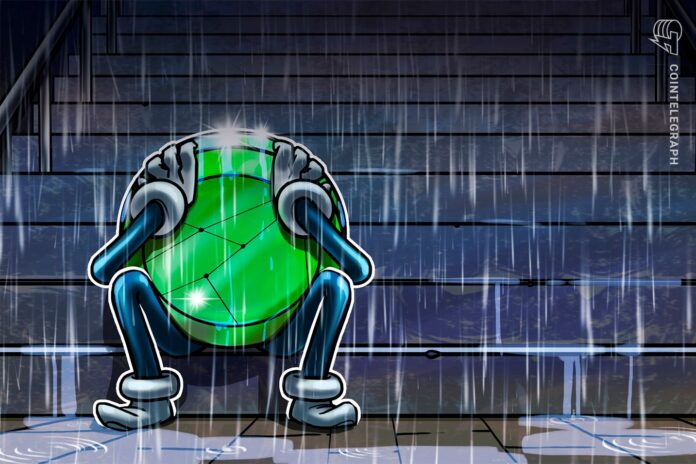The FTX collapse highlighted many flaws in the crypto industry. Now, the effects of the FTX debacle have broken into the nonfungible token (NFT) space with users unable to view their FTX-hosted NFTs.
In a tweet, Solana engineer jac0xb.sol pointed out how the metadata of FTX-hosted NFTs now points to a restructuring website that gives out information about bankruptcy proceedings. According to jac0xb.sol, the NFTs minted on FTX were hosted using a Web2 application programming interface (API), resulting in images not showing.
After the FTX exchange filed for bankruptcy, the FTX.us domain was entirely redirected to the bankruptcy proceeding page. Because of this, NFT owners are still able to see that their NFTs exist. However, images cannot be seen anymore, even when viewing them within wallets or listing them on NFT trading platforms.
With this, jac0xb.sol also called out to collections that are still hosting metadata on Amazon Web Services, suggesting that there is a “lesson to be learned” with how FTX hosted their NFTs using a Web2 API service. In addition, some users even commented that this highlights problems with Web3 companies relying on centralized services like AWS or the Google Cloud Platform.
Related: The FTX contagion: Which companies were affected by the FTX collapse?
On Aug. 5, NFT executives brought up the topic of NFTs not living on the blockchain. In a Cointelegraph interview, Jonathan Victor, the Web3 storage lead at Protocol Labs and Alex Salnikov, the co-founder of Rarible, explained that technically, the tokens are stored somewhere else. The duo highlighted that main chains often are very limited in size and that it costs more to store data on the blockchain.
Despite the troubles brought about by the FTX collapse, the NFT industry remains confident in the future of the space. On Nov. 22, various players within the NFT space spoke with Cointelegraph and expressed their confidence that the space will eventually recover. The executives highlighted that it’s important for the NFT community to focus on bringing more utility to their collections.
Hits: 0










